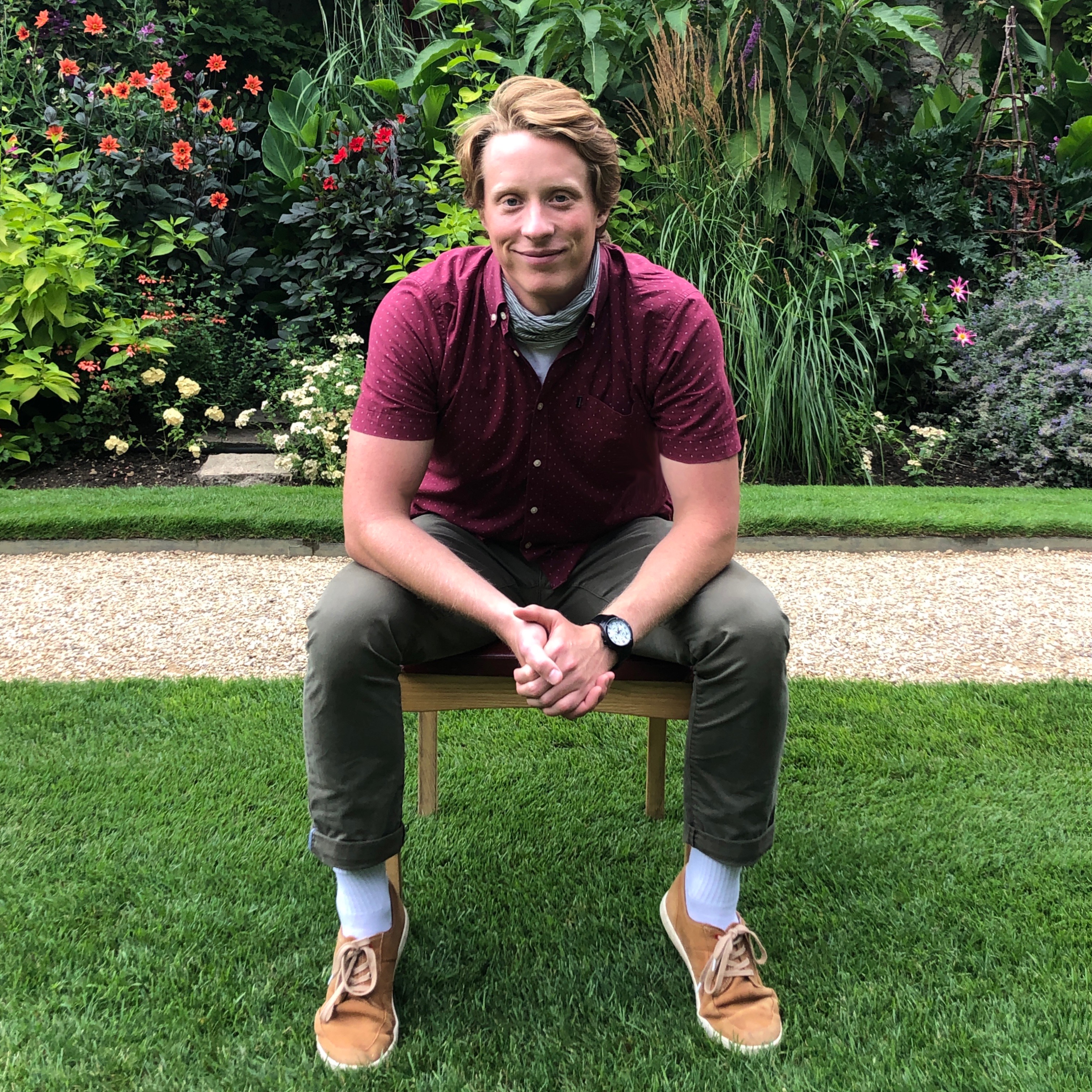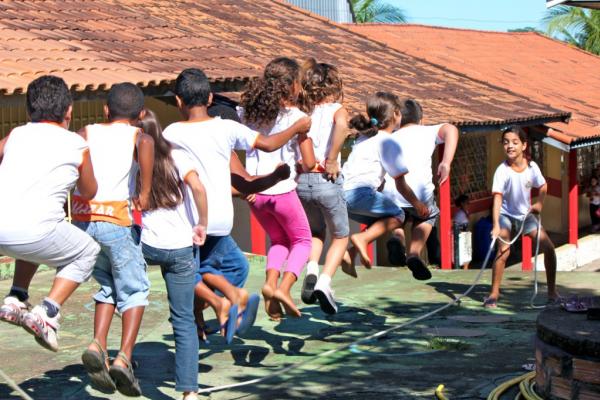Dr Arran Davis

Research Affiliate
Unit Affiliation: The Social Body Lab within the Centre for the Study of Social Cohesion
Contact
arran.davis@anthro.ox.ac.uk Follow on X Connect on LinkedIn Personal website
Bio
Growing up in Winona, Minnesota, I went on to study Global Studies and Spanish as an undergraduate at South Dakota State University. I graduated summa cume laude, with my Honor’s Thesis focusing on the humanitarian and economic benefits of immigration liberalization in the United States. Movement and exercise have always been part of my identity, and I spent four years as a javelin thrower on the track and field team at South Dakota State University; I was named an NCAA Division I Track & Field Academic All-American my senior year.
My time as a student athlete focused my interests on social connection and health, leading me to the University of Oxford for an MSc in Cognitive and Evolutionary Anthropology, graduating with distinction and winning the Dr. Nicola Knight Dissertation Prize in Quantitative Methods. I was awarded a Clarendon Scholarship to stay at Oxford as a doctoral student. My DPhil in Anthropology focused on the health benefits of sociality and movement, and I completed my studies in 2019. Throughout my time in Oxford, I continued competing in the javelin throw as a student athlete, finishing 7th at the British university championships and being awarded a Full Blue for my performances (the highest honour granted to individual sportspeople at the University of Oxford).
Interests
My research focuses on public health, sociology and evolution.
I am interested in the connections between social interaction, physical activity, and public health. Broadly, my research uses evolutionary theory to explore these connections and to better understand the human experience. I employ methods from the psychological, computer, and social network sciences to examine how social relationships affect human behaviour, health, and well-being.
My research has included studies that look at the effects of social environments on physical exercise. Observational, experimental, and survey-based data collected in these studies suggest that feelings of social inclusion and support can reduce perceptions of fatigue, increase feelings of energy, and enhance performance during physical exercise. The evolutionary perspective we use to interpret these findings sees humans as a socially interdependent species; when our social environments signal safety and support, our bodies can ease the defensive, protective brakes of stress and fatigue.
I am currently working with Professor Emma Cohen as a Postdoctoral Researcher on a James S. McDonnell Foundation funded project that investigates how social environments influence perceptions of fatigue and physical activity levels. This research has employed a mix of experimental and ‘big data’ methods to test our hypotheses. To give an example of our work, we recently used the European Social Survey (around 25,000 responses from 20 countries) to examine how a defensive symptom cluster, characterized by pain, fatigue, and low mood, varies according to individuals’ social connections and socioeconomic status. We found that this symptom cluster was more prevalent in lonely individuals, with particularly strong associations for individuals who were both lonely and experiencing poverty. We also found that people living on low incomes were especially at risk for feeling lonely. These findings highlight the important connections between human sociality, economic inequality, and health, and will form the basis for my future research projects.
Spotlight
Did you know that exercising with friends comes with its own unexpected benefits?
Dr Arran Davis tells us more in this video, made in partnership with BBC Ideas and Oxford University's Social Sciences Division.
The surprising benefits of exercising with friends
Berdugo, S., Cohen, E., Davis, A. J., Matsuzawa, T., & Carvalho, S. (in press). Stable long-term individual variation in chimpanzee technological efficiency. Nature Human Behavior.
Davis, A. J., Tunçgenç, B., & Cohen, E. (in press). Evolutionary perspectives on cooperative sociality in exercise and sport. In M. Beauchamp & M. Eys (Eds.), Group Dynamics in Exercise and Sport Psychology. Routledge.
Davis, A. J., Cohen, E., & Nettle, D. (2024). Associations amongst poverty, loneliness, and a defensive symptom cluster characterised by pain, fatigue, and low mood. PsyArXiv. https://doi.org/10.31234/osf.io/mxevt
BBC Ideas. (2024, July 30). The surprising benefits of exercising with friends [Video]. BBC.
Cohen E., Davis, A.J., & Taylor, J. (2023). Interdependence, Bonding and Support Are Associated With Improved Mental Well-being Following an Outdoor Team Challenge. Applied Psychology: Health and Well-Being.
Davis, A. J., MacCarron, P., & Cohen, E. (2021). Social reward and support effects on exercise experiences and performance: Evidence from parkrun. PLoS ONE, 16(9), e0256546.
Davis, A. J., Crittenden, B., & Cohen, E. (2021). Effects of social support on performance outputs and perceived difficulty during physical exercise. Physiology & Behavior, 239, 113490.
Davis, A. J., Hettinga F., & Beedie, C. (2020). You don't need to administer a placebo to elicit a placebo effect: Social factors trigger neurobiological pathways to enhance sports performance. European Journal of Sport Science, 20(3): 302-312.
Beedie, C., Benedetti, F., Barbiani, D., Camerone, E., Cohen, E., Coleman, D., Davis, A. . . . & Szabo, A. (2018). Consensus statement on placebo effects in sports and exercise: The need for conceptual clarity, methodological rigour, and the elucidation of neurobiological mechanisms. European Journal of Sport Science, 18(10), 1383-1389.
Davis, A., & Cohen, E. (2018). The Effects of Social Support on Strenuous Physical Exercise. Adaptive Human Behavior and Physiology, 4(2), 171-187.
Taylor, J, & Davis, A. (2018). Social Cohesion. The International Encyclopedia of Anthropology.
Taylor, J., Cohen, E., & Davis, A. (2016). How the buzz of dancing and sports bond us together. Aeon.
Davis, A., Taylor, J., & Cohen, E. (2015). Social Bonds and Exercise: Evidence for a Reciprocal Relationship. PLoS ONE, 10(8), e0136705.
Davis, A. (2012). “Immigration Liberalization in the United States and Beyond.” South Dakota State University Journal of Undergraduate Research, 10, 1-42.
Davis, A. J., Cohen, E., & Nettle, D. (2024). Social relationships, poverty, and energetic regulation. Talk presented at the Human Behavior and Evolution Society Annual Meeting. Århus, Denmark.
Davis, A. J., Greenhouse-Tucknott, A., Beedie, & C., Cohen, E. (2023). Effects of social support on energy expenditure, perceived fatigue, and performance outputs during aerobic physical activity. Talk presented at the European Human Behaviour and Evolution Association Conference. London, United Kingdom.
Davis, A., Mac Carron, P., & Cohen, E. (2017, April). Buffering effects of social cohesion and support during exercise: a ‘big data’ investigation of parkrun. Plenary talk presented at the European Human Behaviour and Evolution Association Conference. Paris, France.
Taylor, J., & Davis, A. (2016, June). Social Bonds and Exercise: Evidence for a Reciprocal Relationship. Talk presented at the Human Behavior and Evolution Society Annual Meeting, Vancouver, Canada.





